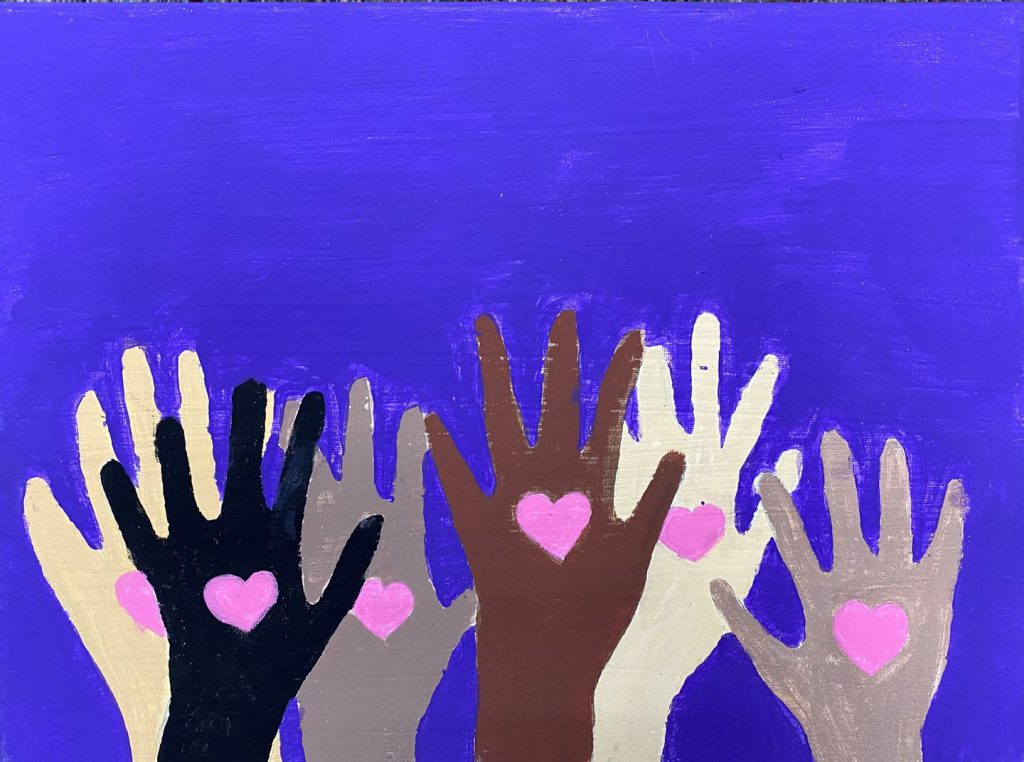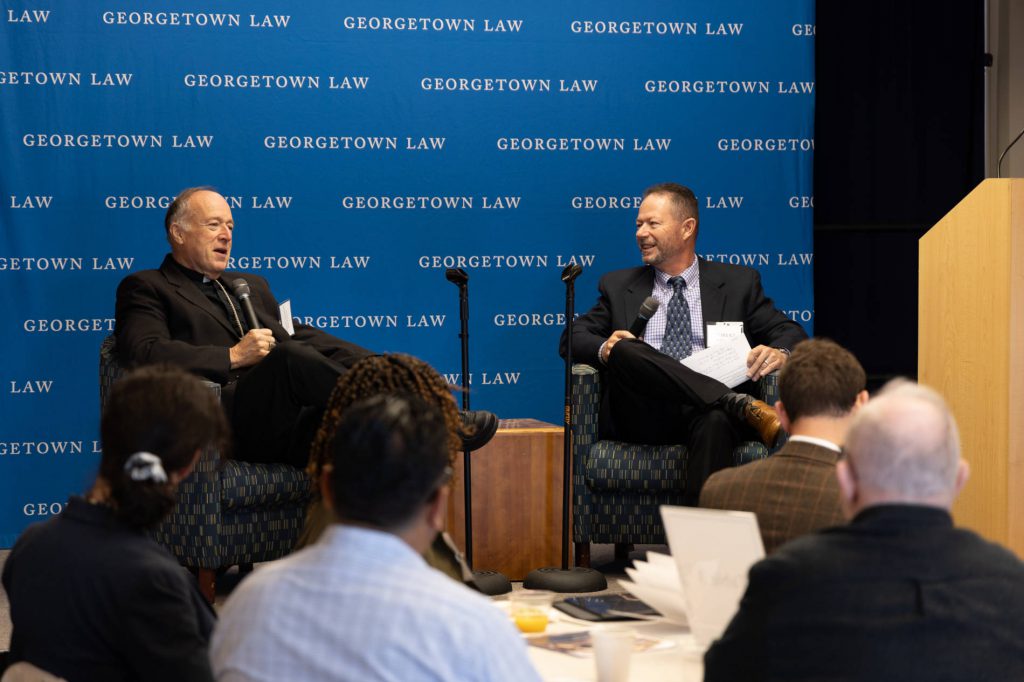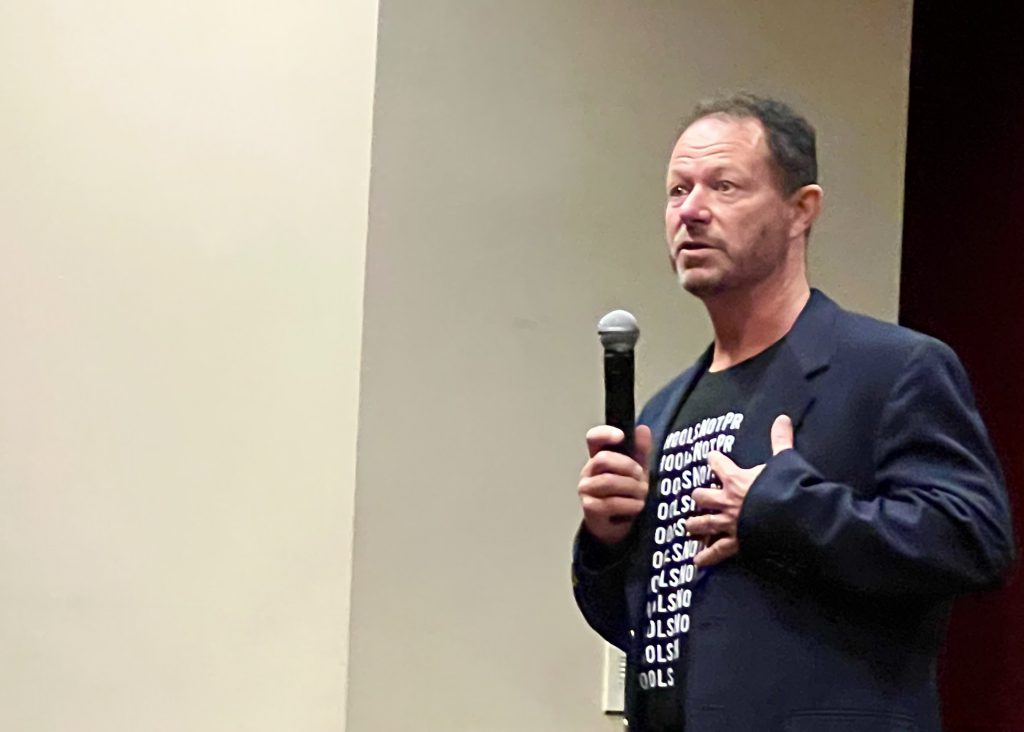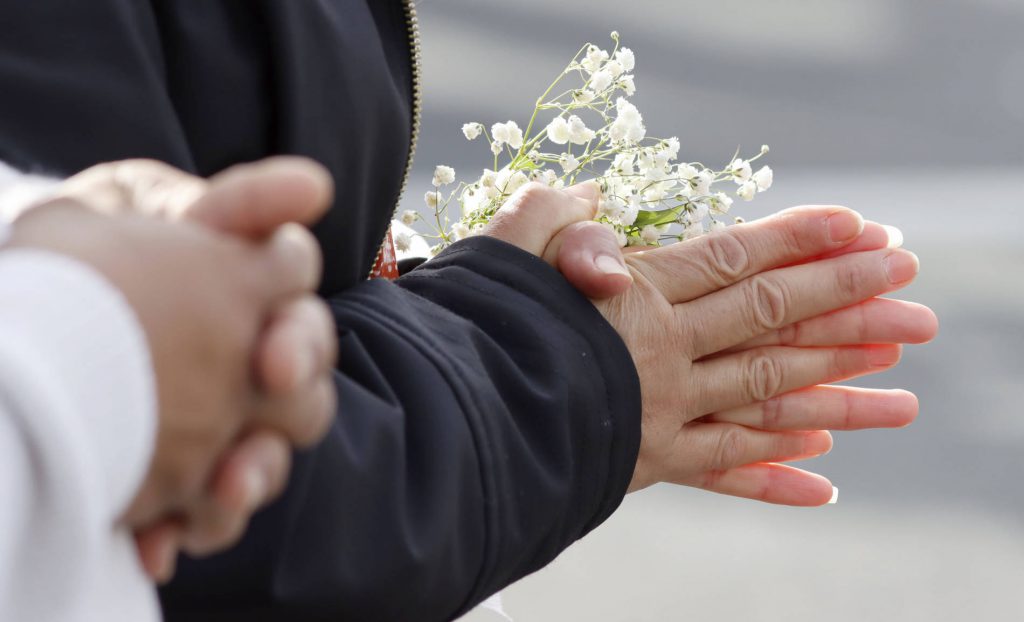SAN DIEGO – A new transitional housing facility for men recently released from prison or jail expects to welcome its first residents in April.
Kairos House occupies a two-story, approximately 5,000-square-foot building in the Hillcrest neighborhood of San Diego. St. John the Evangelist Parish, which owns the building, leased it to Restoring Citizens, the San Diego-based provider of reentry services that runs Kairos House.
“There is no reentry program like this anywhere in San Diego,” said George Chappell, CEO of Restoring Citizens. He described it as “a home more than an institution.”
Kairos House includes 14 bedrooms with a total of 32 beds, 11 bathrooms, and a commercial kitchen where residents can prepare their own meals, and a chapel.
Men transitioning to life outside the prison walls will not only find a place to live at Kairos House, but also assistance in acquiring such essential items as ID cards and Social Security cards and with finding employment. They will be assigned a full-time case manager, who will work with them to set and meet their goals, and they will have access to a therapist if desired.
Chappell said that Kairos House will also have “that faith-based piece” that other reentry programs lack.
Dr. Robert Ehnow, director of the diocesan Office for Life, Peace and Justice, which oversees Catholic ministry at 24 prisons, jails and other detention facilities in San Diego and Imperial counties, supported the effort to establish Kairos House.
“All of the ministries for the incarcerated are focused on accompaniment – being fully present and supportive with our incarcerated citizens,” said Ehnow, reflecting on the Masses, Bible studies, spiritual direction and other religious activities that comprise prison ministry.
Through Kairos House, he saw an opportunity to extend accompaniment to this population after their release.
While residents are not required to participate in any religious activities, opportunities will be available, said Ehnow, who tapped Jesuit Father Michael Ravenkamp to serve as Kairos House’s chaplain.
Father Ravenkamp, who also serves as a volunteer Catholic chaplain for the San Diego County Sheriff’s jails and who ministers at juvenile detention facilities, remembers responding almost immediately with “an enthusiastic yes” to Ehnow’s invitation.
“Most priests really have little contact with these populations,” despite being called to go “out to the margins,” explained the priest, who added, “This is what evangelization is all about.”
Beyond a ministry of presence, he doesn’t know the precise form that his chaplaincy will take.
“I can’t assume I know what they will need,” he said. “So, I’ll depend upon feedback to start programs.”
Spiritual direction appears to be a given. Initial ideas also include teaching various methods of prayer, including the Spiritual Exercises of St. Ignatius of Loyola, and perhaps even organizing a Bible study.
Because Kairos House is within walking distance of St. John the Evangelist Church, Ehnow said, that parish will be a natural fit for those men who are Catholic or interested in Catholicism and seeking a spiritual home.
In terms of how long the residents will stay at Kairos House, the “sweet spot” is about 90 days, said Ehnow. However, some may be ready to move on sooner while others might be working through issues that require a longer stay.
Kairos House is a far cry from the quality of transitional housing that Eddie Blajos, co-founder of Restoring Citizens and currently operations manager of Kairos House, received after being released from prison in May 2017 after more than 42 years. At the facility where he was housed, the stove didn’t work, there were no fans, and the promise of a job upon arrival wasn’t kept.
“We’ll make sure that they have the opportunity we weren’t given when we were released,” Blajos said.
Chappell too found himself in substandard transitional housing following his parole in 2009 after “quite a few years” in prison.
He noted that many nonprofits that provide transitional housing develop their programs with “the best intentions.” But while law enforcement, lawyers, psychologists and others are consulted in the process, they rarely solicit the input of the very population they seek to help.
By contrast, Restoring Citizens was founded in 2017 by three men with firsthand experience of life in prison and the challenges associated with successfully reentering society. Kairos House benefits from that knowledge.
When he was released from prison, Chappell said, it was his intention to make a clean break with his past, leaving his prison experience far behind.
But God seemingly had other plans, he said, “pushing” him in the direction of working with others who were making the arduous transition from prison life.
In the success of Restoring Citizens, he sees evidence of providence at work.
“We are where we’re supposed to be,” Chappell said, noting the unlikely odds that felons like himself and Blajos would have the opportunity to collaborate on their own nonprofit.
With confidence, he said, “This is supposed to happen.”
Learn more about Restoring Citizens, the organization that runs Kairos House, at www.restoringcitizens.org.









